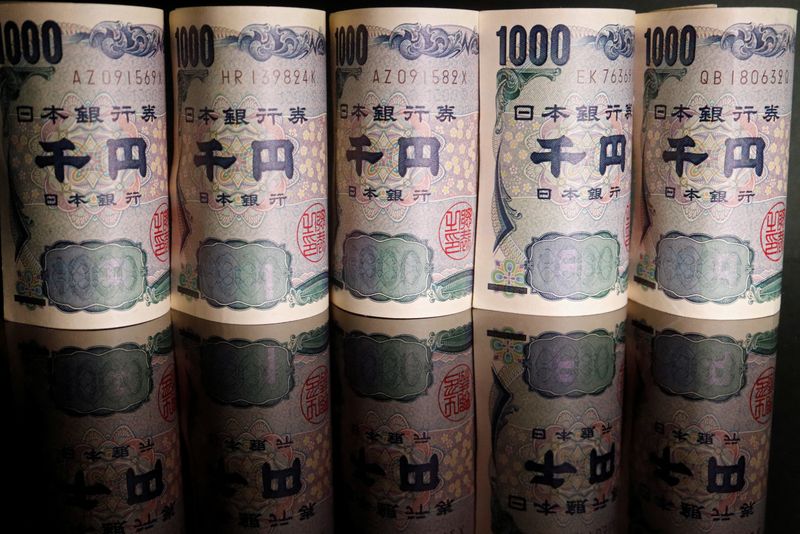TOKYO (Reuters) – Japanese Finance Minister Shunichi Suzuki said on Monday there had been some speculative moves in the foreign exchange market that did not reflect economic fundamentals, repeating his warning against the yen falling too far.
“We will closely monitor developments in the foreign exchange market and will respond accordingly to excessive moves, without ruling out any options,” Suzuki told parliament.
Suzuki said currency movements are driven by various factors, such as the Bank of Japan’s decision to end negative interest rates, Japan’s current account balance, price movements, geopolitical risks, as well as market sentiment and speculative trading.
“Regarding the recent fall of the yen, we believe that there are some speculative movements that do not reflect fundamental factors when taking into account domestic and foreign economic and price dynamics,” he said.
The yen has been in a downtrend despite the Bank of Japan’s decision on March 19 to end eight years of negative interest rates, and hit a 34-year low against the dollar at 151.975 last week. On Monday morning the price was 151.315 per dollar.
With the Bank of Japan’s policy rate still hovering near zero, expectations that the gap between U.S. and Japanese interest rates will remain wide is giving traders a reason to continue selling the yen, analysts said.
Suzuki declined to comment when asked by a legislator whether the sharp decline in the yen following the Bank of Japan’s exit from negative rates was within or exceeded his expectations.
“It is important that exchange rates move steadily, reflecting fundamental indicators. Excessive volatility is not desirable,” Suzuki said.

The yen rebounded after Japan’s monetary authorities held an emergency meeting on Wednesday on the weak yen, which was rescheduled from Thursday to issue their strongest warning to date against the yen falling too far.
Japan intervened in the foreign exchange market in 2022, first in September and then in October, when the yen fell to 152 per dollar.


